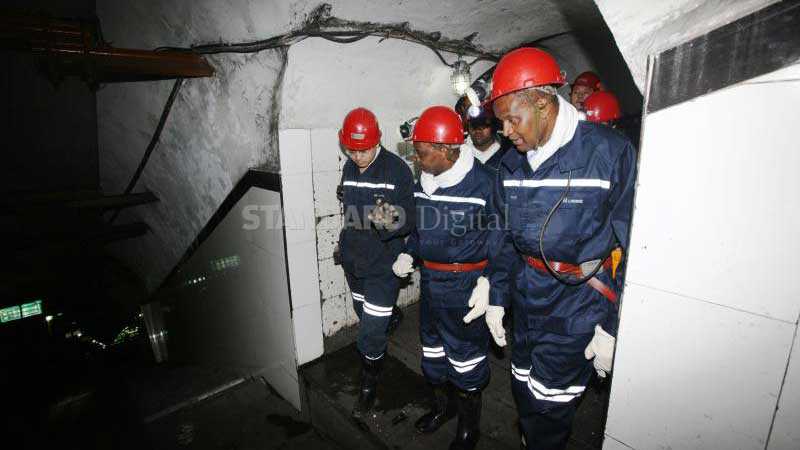×
The Standard e-Paper
Join Thousands Daily

The meeting between Governor Charity Ngilu and Mining Cabinet Secretary John Munyes last week is the latest attempt to unlock the impasse that has grounded coal mining in the county for the last eight years.
Coal deposits in the county are believed to the largest in Africa and could provide affordable fuel to power industries hence boosting the country's revenue base, but exploration has been held back by political bickering and disputes over the sharing of wealth.